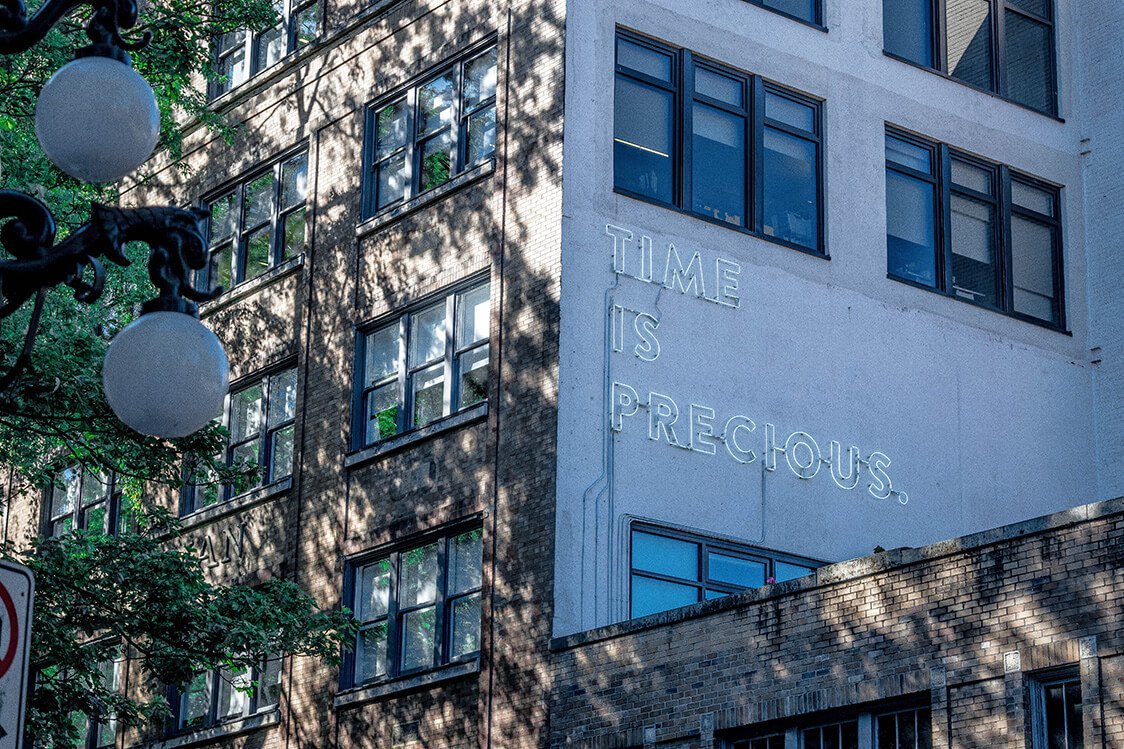
With the start of the new semester, many people find themselves again getting swamped by their various commitments: homework, projects, CCAs, social gatherings, etc. One issue I have faced throughout my many semesters in school is juggling these facets of school life.
While I do not claim to be an expert at time management, I have come across various tips and pieces of advice on the internet which have helped me organise my life much better. Many of these tips can be easily found with a simple Google search. In fact, one can probably find many more of such quick fixes on the internet. However, it’s much more difficult to discern which ones do work, and which ones won’t.
Planning and Organisation
The first step in time management is definitely to plan and organise your schedules and tasks. When arranging your appointments for the next week or month, do be sure to leave yourself with ample amounts of break time between each of your activities. These periods of rest time allow your mind to rest and settle before starting on the next activity or appointment. In addition, they can serve as buffer periods in case each of your meetings or appointments overrun, which happens often enough. These breaks also allow one to have some time for a quick recharge, which as I will detail in a later section, can help to energise yourself enough to tackle the rest of your busy day.

Another effective way you can take control of your life is to equip yourself with a productivity application which allows you to quickly organise and tag each of the tasks which you have to perform every day. The idea is to quickly enter any and all tasks and work which you have to do, into the application. A helpful way to organise your tasks is to tag the task title with an appropriate category for your tasks, in square brackets like “[Family]” or “[School]”. These tags allow you to quickly search out related tasks in your task list when you need to. I recommend looking at the task list at the start of each day, and planning out when you are going to complete each of the tasks during the day. Planning and spreading out your daily workload helps with keeping yourself on track for all of your tasks.
Time Maximisation
Other than just planning out and arranging each of your schedules and task lists efficiently, another way to maximise the amount of work which you are able to complete is to fully utilise each moment you are able to spend on your work and tasks. The most effective way to do this, in my opinion, is to remove distractions from electronic devices and social applications around oneself. When we are distracted, our cognitive resources are actually divided between our work and the distractions. With less cognitive resources focused on the task we are doing, we will definitely perform less efficiently, finishing our work slower and with more mistakes than if we were to focus all of our attention on our work.
In psychology, this phenomenon is known as divided attention. Research has also shown that we tend to overestimate our ability to multitask. This is the same phenomenon which leads to accidents and road negligence. One of the more pertinent ways in which we are distracted daily are the social applications which we use. It does not take much for us to get distracted: A quick chime or jingle from your phone, or vibrations signifying the arrival of messages from your friends is more than enough to steal your attention away from your work. Even for those of us who manage to resist the urge to check our phones, the insistent nagging curiosity at the back of our heads may take up cognitive resources which keep us from doing our best in our work.
Taking Quick Breaks to Improve Efficiency
As mentioned earlier in this article, taking quick breaks to recharge oneself can have positive effects on our daily productivity. The human brain is like a rubber band: We can only take so much pressure and stress before we snap. In order to keep ourselves from snapping, we should take short breaks every now and then to relax. This can be something which does not take up much time, such as listening to one or two of our favourite songs, which will not take more than a few minutes of our day. Or a quick walk or stroll through Campus Green which is more than likely to lift a dampened spirit!
In addition, we should allow ourselves ample amount of sleep every day. Research conducted by scientists have shown that humans perform best with at least seven hours of sleep a day. Sleep less than six hours and our cognitive performance actually worsens drastically, despite any feelings of sleepiness or worsened functioning on our part. The research conducted shows a gradual decline in our motor skills over a period of two weeks. After the end of the second week, we function at less than half of our normal levels of efficiency. However, because of the gradual decline, we do not feel that our cognitive performance has reached such a low level.
Conclusion
As can be seen, all it takes for us to improve our efficiency and manage our time better is a few changes to our daily routines and habits. Each change may take some getting used to, but when practiced and made a habit, do allow us to map out each of our days and weeks with more foresight than before. Imagine being able to perform much better and in more activities despite having more appointments and meetings crammed into our limited time. Following these tips will make that eventuality much more possible!
This article was originally published on The Blue and Gold.
